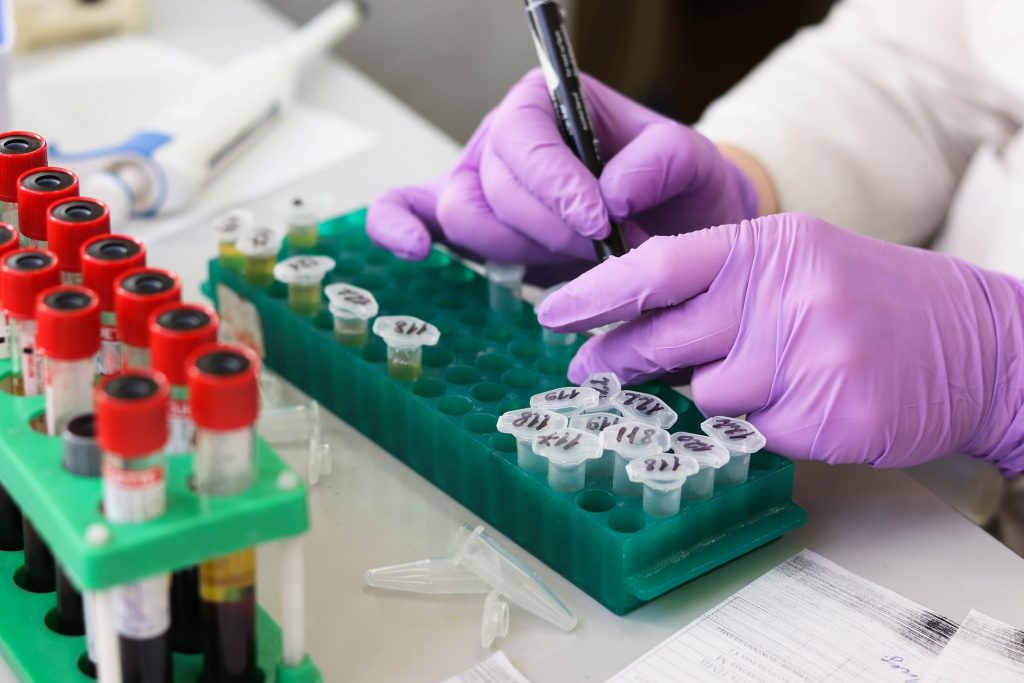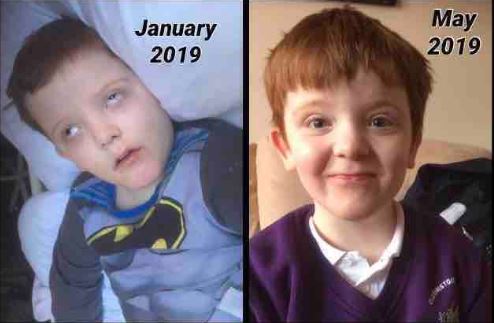A Scottish mum whose son has severe epilepsy will go on hunger strike until the National Health Service fully funds medical cannabis.
Karen Gray, from Edinburgh, says her son Murray went from 600 seizures a day to none in more than 140 days since she started administering cannabis oil.
Murray has from a rare form of epilepsy called Doose Syndrome, but Karen is forced to pay around £1,200 a month to buy the oil from Holland.
Karen and other families from the End Our Pain campaign group, say they will go on hunger strike and head to Downing Street in the coming months.
It has been a year since a change in the law that allows patients to be prescribed medicinal cannabis by specialist doctors in the UK.
Karen, who has set up a GoFundMe for her son, told The Leaf Desk: “We had no option but to go on hunger strike.
“We’re asking for funding from the government. All of us are having to fundraise – one has even had to sell their home.
“What else can we do?”
“We had to do something, the NHS is totally failing patients.

In August an NHS advisory body said using medical cannabis to treat epilepsy in children is too expensive for the UK health service.
The National Institute for Health and Care Excellence (Nice) released its findings which concluded the National Health Service cannot afford to prescribe the treatment.
The announcement came as a blow to hundreds of parents who say their children have seen huge improvements in their symptoms.
Karen added: “I can understand them saying there’s the need for trials, but our children can’t wait. I thought Murray was going to die earlier this year and got on a plane to Holland.
“This is potentially life-saving medication.”
Despite the evidence from patients, Nice reports that there is no research on what the long-term effects of using the drug are.
Therefore, together with the cost involved, the advisory body has said it will not recommend it for the treatment of Lennox-Gastaut syndrome and Dravet syndrome – two severe forms of epilepsy.


